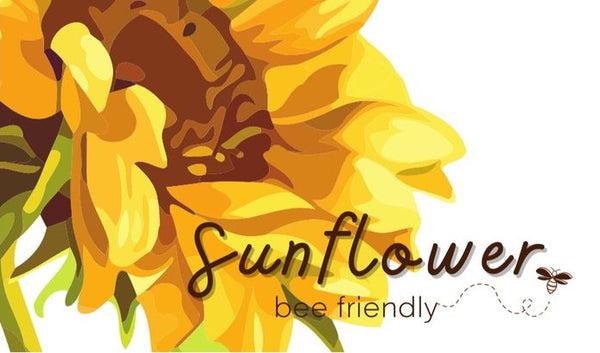Bees play a crucial role in pollinating plants and are an essential part of our ecosystem. However, their populations have been declining in recent years, and it's important that we take steps to create a welcoming environment for bees in our own backyards. Here's a guide on how to make your backyard a haven for bees:
- Plant a variety of flowers: Bees are attracted to a wide variety of flowers, so be sure to plant a diverse range of plants in your garden. Some great options include wildflowers, lavender, daisies, clover, and sunflowers.
- Provide nesting sites: Many bees, such as mason bees, need a place to nest. You can provide nesting sites by installing bee boxes or by leaving bare patches of soil in your garden.
- Avoid pesticides: Pesticides can be harmful to bees, so avoid using them in your garden. Instead, opt for natural pest control methods, such as companion planting or handpicking pests.
- Leave a water source: Bees need access to water to survive, so be sure to leave a shallow dish of water in your garden for them to drink from. You can also add a few stones to the dish to provide a landing spot for the bees.
- Create a bee-friendly environment: Bees also require a comfortable environment to thrive. Make sure your garden is in a sunny spot, and try to avoid using any chemicals or fertilizers that could harm the bees.
- Educate yourself: Learn more about the different types of bees in your area and what plants they prefer. This will help you to create a more bee-friendly environment in your backyard.
By taking these steps, you can create a welcoming environment for bees in your own backyard. Not only will this help to support their populations, but it will also benefit your garden and the ecosystem as a whole. Plus, you'll have the satisfaction of knowing that you're doing your part to help protect these important pollinators.


